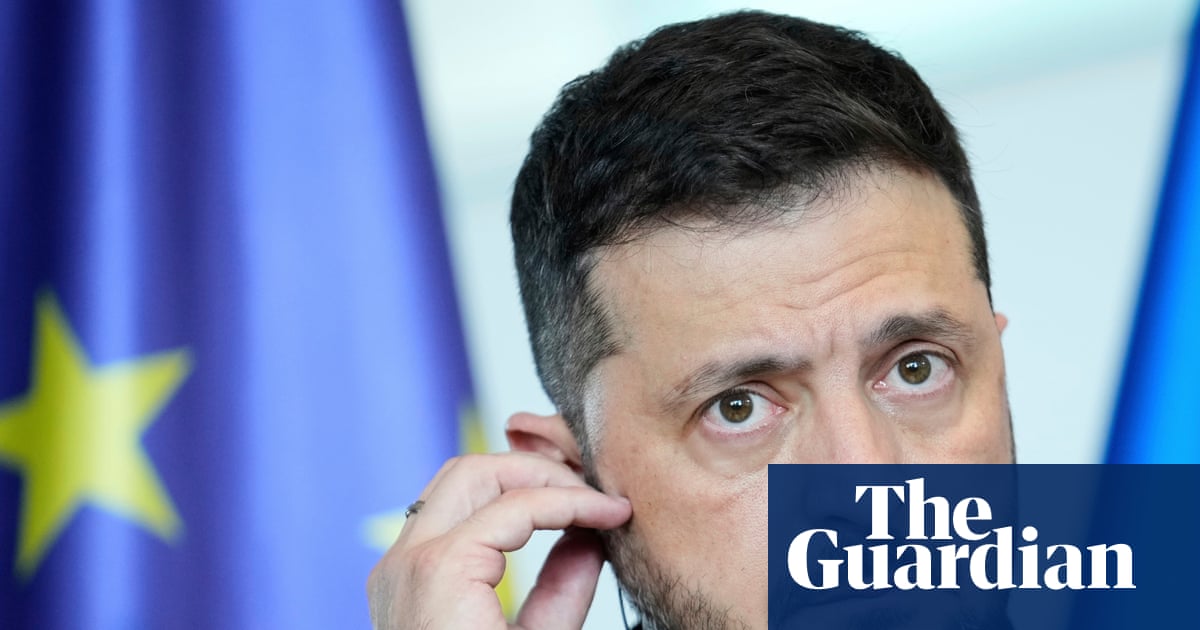
On Monday, European leaders, including French President Emmanuel Macron, German Chancellor Friedrich Merz, and UK Labour leader Keir Starmer, are set to join Ukrainian President Volodymyr Zelenskyy in a critical meeting with US former President Donald Trump at the White House. This meeting aims to counter a controversial US-backed peace proposal allowing Russia to claim further Ukrainian territories.
Pushback on Russia’s Demands
The leaders from France, Germany, Italy, and Finland, alongside European Commission President Ursula von der Leyen and NATO Secretary General Mark Rutte, plan to reaffirm Europe’s unwavering support for Ukraine’s territorial integrity. This high-stakes dialogue follows reports of Trump endorsing a Kremlin-favored plan to carve up parts of Ukraine’s Donetsk and Luhansk regions without a ceasefire agreement in place.
European leaders view the proposed land-swap as rewarding Russian aggression, a stance echoed by Zelenskyy. “A real peace must be lasting,” Zelenskyy said, emphasizing that no ceasefire could precede territorial discussions and asserting Ukraine’s rights to its borders. He added that the Ukrainian army’s strength remains the country’s best security guarantee.
Controversial Alaska Summit and US Stance
Trump’s recent summit with Russian President Vladimir Putin in Alaska has drawn widespread criticism, described by some as a diplomatic victory for the Kremlin. Trump claimed on social media that the meeting achieved “big progress” but provided limited details. He also expressed frustration over media coverage, labeling it as unfair.
The Kremlin is reportedly demanding the full withdrawal of Ukrainian forces from occupied territories, including Donetsk and Luhansk provinces. Zelenskyy and European leaders have rejected these demands, warning that any territorial concessions risk emboldening future Russian aggression.
Ukraine’s Path to Peace
Zelenskyy, during discussions with European leaders, underscored that peace negotiations should only progress with Ukraine at the table. He dismissed recent Russian demands as untenable, reiterating that any agreements must guarantee Ukraine’s sovereignty and involve the return of prisoners and abducted civilians.
The European Union has sided firmly with Ukraine, voicing concerns that Putin might exploit any new territorial gains for future incursions. As von der Leyen stated, “Ukraine must be a steel porcupine, indigestible for potential invaders.”
Future Security Guarantees
The meeting in Washington will also explore potential security guarantees for Ukraine, with ideas circulating about an arrangement akin to NATO’s Article 5, though outside the alliance’s framework. According to reports, Trump’s administration may consider such guarantees, but concerns linger over the alignment of European and American strategies.
European countries reaffirmed their commitment to supporting Ukraine’s sovereignty in a joint statement, calling on Russia to end its war of aggression and work toward a just and lasting peace. Leaders stressed that international borders must not be changed through violence.
With the stakes high, Zelenskyy faces a dual challenge in Washington: securing US support while resisting demands for concessions seen as unacceptable to Ukrainians. The outcome of these talks could shape the trajectory of the conflict and Ukraine’s future on the global stage.



